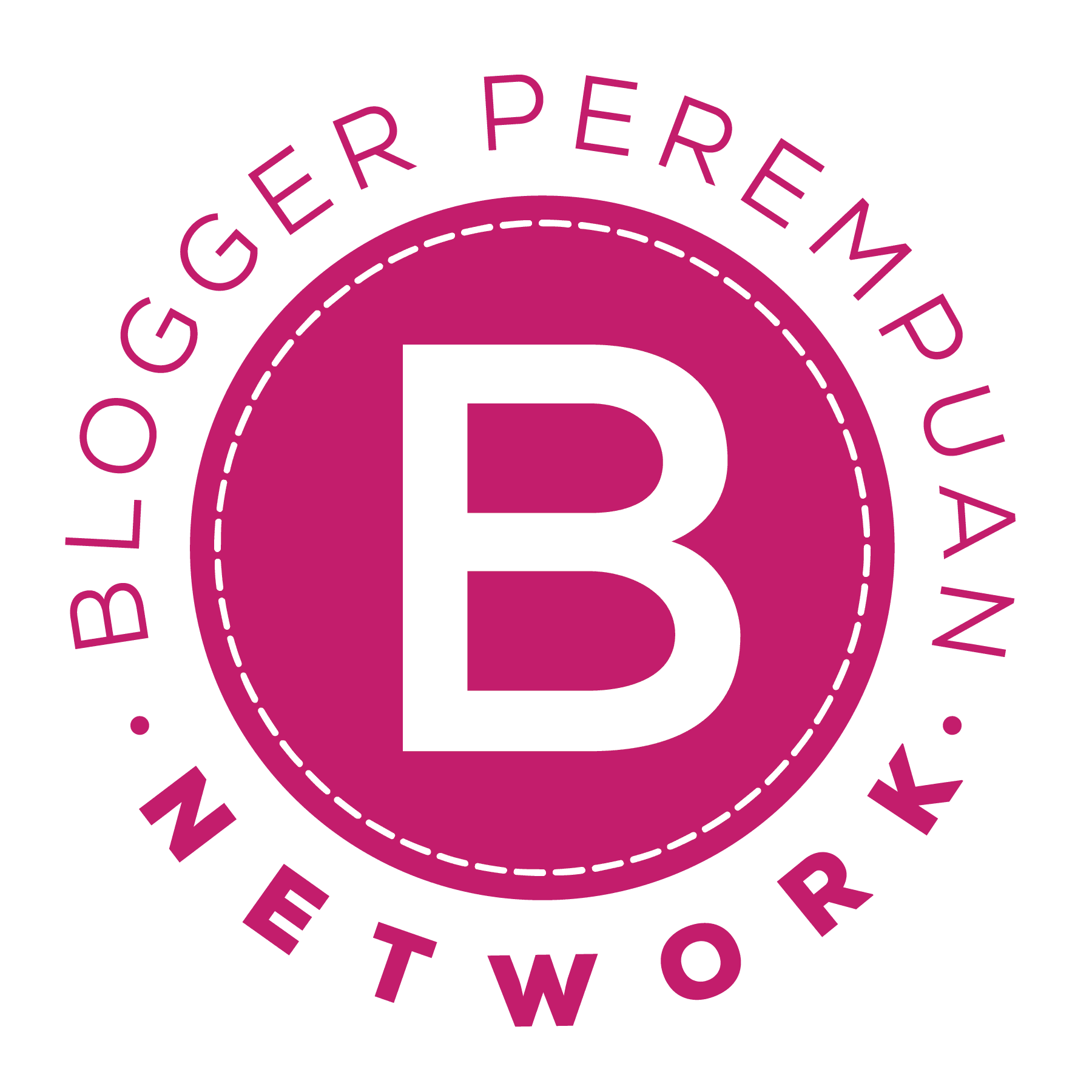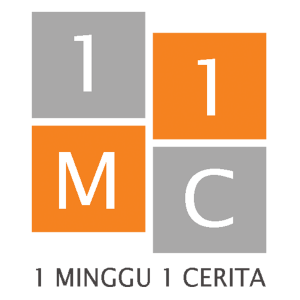If you’re asking yourself the same question like me, consider the learning outcomes of various economics programs and how they compare to our personal and professional goals. At its core, economics is the study of how our self as individuals, groups, and nations manage and use resources. Students like me who choose to study economics not only gain the skills needed to understand markets in complex words, but come away with strong analytical and problem-solving skills, as well as business acumen necessary to succeed in the professional world. A lot of people asked me, why do i take economic major? Do i want to be a businessman? Nah, In fact, economics can be useful for professionals in all industries, not just in business.
Here’s a look at five of the top advantages of studying economics and how it can benefit both our organization and career life. There are a lot of things that we can gat from economics. Now I am going to explain one by one, the benefits that I got from economy.
First, the very basic things that I got from learning economics is some new vocabularies. By studying economy, I can expand my vocabularies. Whether it’s scarcity (limited resources), opportunity cost (what must be given up to obtain something else), or equilibrium (the price at which demand equals supply), an economics course give us a fluency in fundamental terms needed to understand how markets work. Even if I don’t use these words often in my current role, studying these economic terms give me a better understanding of market dynamics as a whole and how they apply to my organization. But besides that, Economics isn’t just learning a fancy set of words, it’s actually using them to develop a viable business strategy. When we understand these terms, we can use theories and frameworks like Porter’s Five Forces and SWOT analyses to assess situations and make a variety of economic decisions for our organization, like whether to pursue a bundled or unbundled pricing model, or the best ways to maximize revenues.
Second, by economics, Im able to get to know about my spending habits. Economics teach us about how our organization and its market behaves, but we’ll also gain insight into our own spending habits and values. For example, Willingness to Pay (WTP) is the maximum amount we willing to pay for a good or service. There’s frequently a gap between hypothetical and actual WTP, and learning about it will help us decode our own behavior and enable us to make economically sound decisions.
I used the concepts I learned in Economics for Managers to maximize my allowance given by my parents as effective as I could. I manage all the expenses that I have such as daily necessities expenses, food expenses, transportation, and other petty expenses. I also hedged the use of my money by limiting the amount of money that I should spend my comparing. When I buy, I looked for the cheapest one but still meet my need. Thats how I manage my allowance by the concept of Economic for Managers.
Third, Economics make me think out of the box. Economics it’s not only a demand curve. It’s basically more than that. Many people think of economics as just curves, models, and relationships, but in reality, economics is much more nuanced. Much of economic theory is based on assumptions of how people behave rationally, but it’s important to know what to do when those assumptions fail. Learning about cognitive biases that affect our economic decision-making processes arms us with the tools to predict human behavior in the real world, whether people act rationally or irrationally.
Last but not least, Economics teach me how to leverage economic tools. Learning economic theory is one thing, but developing the tools to make business decisions is another. Economics teach me the basics and also give me concrete tools for analysis. For example, conjoint analysis is a statistical approach to measuring consumer demand for specific product features. This tool will allow us to get at the surprisingly complicated feature versus price tradeoffs that consumers make every day. For example, pretend we work for Apple Inc. and we want to know what part of the iPhone we should improve: Battery life, screen size, or camera. A conjoint analysis will let us know which improvements customers care about and which are worth the company’s time and money. This is where the funnest part of economics in my opinion. Beside conjoint of course there are still a lot of way of economics analysis that could help us to accomplish our job.
























1 komentar
Heaps of important information can be taken from your article about a sleeping cushion. I'm glad that you have imparted extraordinary data to us, It is a profitable article for us. Appreciative to you for sharing an article like this.delhi university ba economics coaching
ReplyDeleteHalo, terima kasih sudah berkunjung!♥
Silahkan tinggalkan pesan kalian disini.
Mohon menggunakan akun google/wordpress dan bukan link. Segala bentuk komentar dengan link aktif akan dihapus.